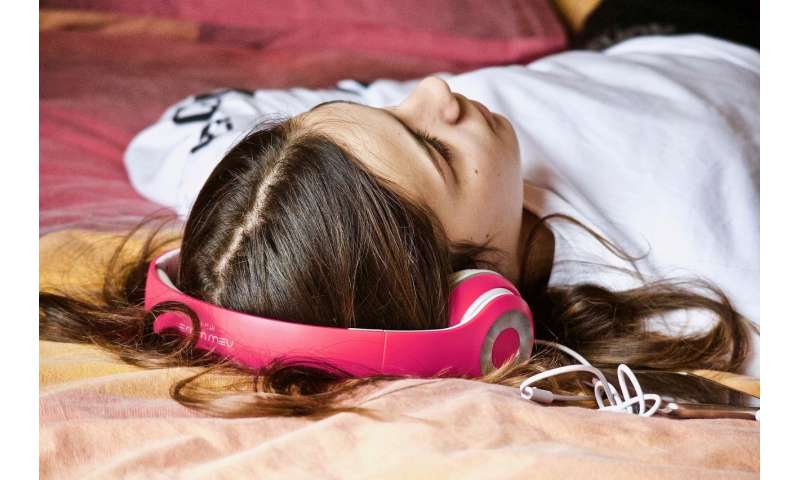
A recent study uncovered potential long-term benefits of a school-based sleep education program for adolescents.
The study, which was published in the Journal of Sleep Research, included 3,622 adolescents, 286 in the intervention group and 3336 in the control group. Data were collected before the intervention and at a one-year follow-up.
The intervention consisted of five sessions, 50-60 minutes, once per week for six to seven weeks and was scheduled as part of students’ school curriculum. Investigators divided participants into three groups according to baseline sleep duration: insufficient (less than seven hours), borderline (seven to eight hours) and adequate (more than eight hours). Adolescents in the intervention group were approximately two times less likely to report insufficient sleep at follow-up compared with controls. Sleep knowledge improved significantly in the intervention group but there were no changes in emotional sleep hygiene (such as bedtime worry) and perceived stress. Surprisingly, technology use increased and behavioral sleep hygiene worsened (for example, performing activities in bed that keep you awake) in the intervention group.
Source: Read Full Article



